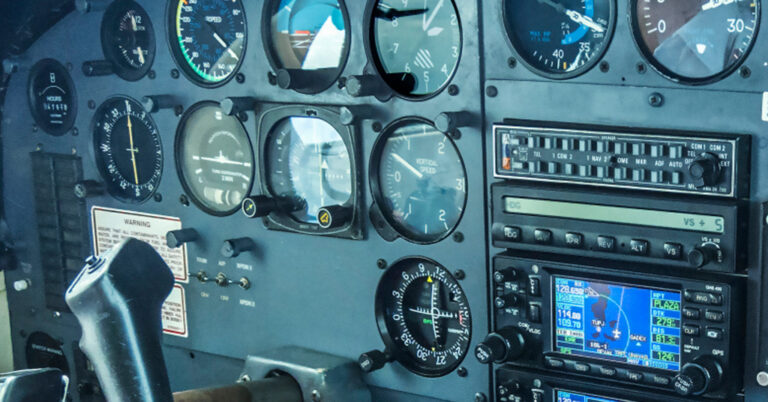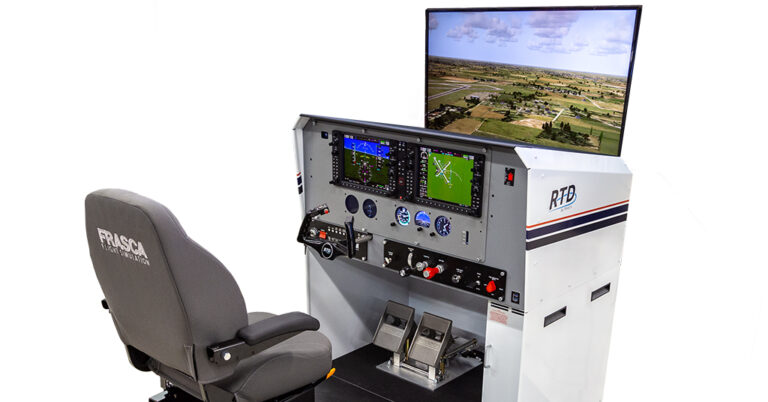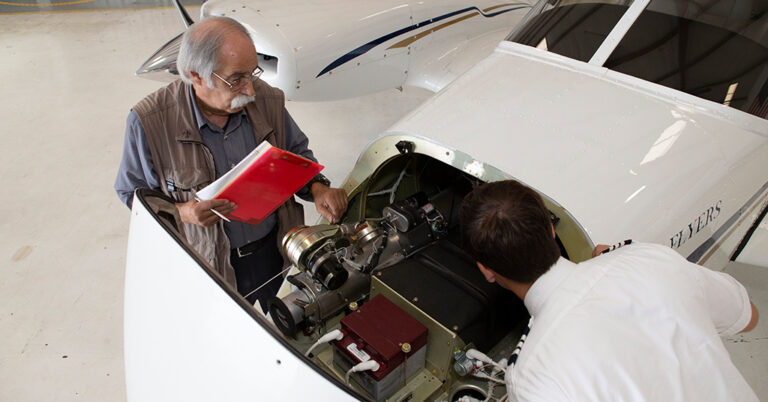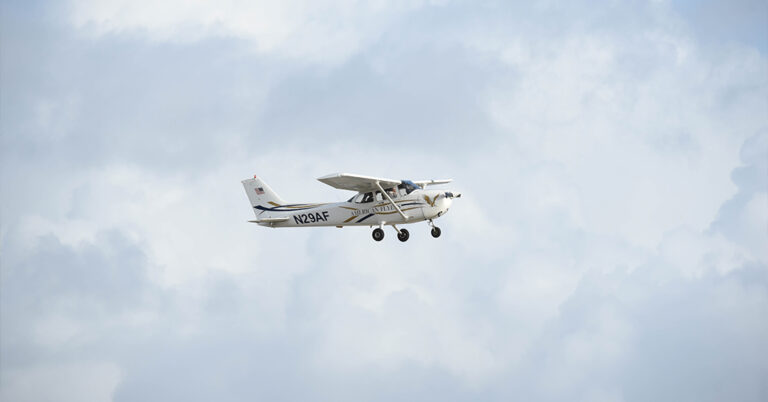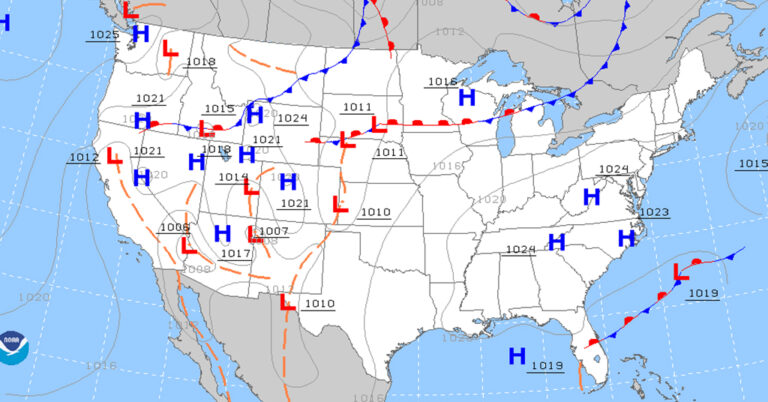By Steven Daun, National Chief Pilot The dictionary actually has a definition for “back-to-basics,” which is “stressing simplicity and adherence to fundamental principles.” Perhaps the most significant and important word in this definition is “simplicity.” As airplanes become more technically advanced and support items such as tablets and phones
By Steven Daun, National Chief Pilot On June 27, 2018, the Government Printing Office distributed “Federal Register Vol. 83, No. 124”. The first item to be presented in this edition is titled: “Regulatory Relief: Aviation Training Devices; Pilot Certification, Training and Pilot Schools; and Other Provisions.” For this article,
By Steven Daun, National Chief Pilot Airworthy… We hear the term every day in aviation, but what does it really mean to pilots? Who is responsible for determining if an aircraft is airworthy? How do we determine if an aircraft is airworthy? An aircraft that is “flyable” is not
By Steven Daun, National Chief Pilot At one time or another, we have all reached the point where our mind starts playing tricks on us. It usually happens when we are fatigued and either flying at night or single-pilot IFR. You notice something or hear something unusual. You start to
By: Steven Daun, National Chief Pilot Weather is usually the weakest subject area that we fund when speaking with pilots. This is regardless of certificate or rating(s) held. The weather seems to be one of those areas that is treated differently than the other topics that we discuss. Why?
By Rick Farmer You don’t need to be in aviation very long, or have completed a certified flight instructor course, to hear the myth that “aircraft fuel gauges are only required to be accurate at empty.” This statement is completely false. I have heard it from pilots, mechanics and
Our Addison South location, where our Career Academy is located, is blessed to have 3 experienced and dedicated Assistant Chief Pilots (ACI). One of these ACI’s is Stephen Sanderson. A charismatic employee with a fun and caring personality, Stephen is an instructor every student hopes to fly with. Born
When I spend time in the American Flyers flight schools or airline academy, I hear the phrase “Ambassadors of Aviation” a lot, and it’s directed at flight instructors. Old joke: how do you know if there’s a pilot at a party? Oh, they’ll tell you. So, you better believe
You have dreamed about becoming a pilot or how to become a commercial pilot your whole life; from the time you looked up and saw that beautiful airplane streak by or simply from a story that you once heard. Regardless of the source that lit the flame, the stage
By Ricker Farmer Without needing a certified flight instructor course, one could tell the production of heat is a natural by-product of the internal combustion engine. If left unregulated, excessive heat can cause serious damage or engine failure. When the outside air temperature increases in the summer, any flaws
There are many things that contribute to the success of a company, no matter the industry it serves. A flight school is no different. Taking care of customers, focusing on safety, and taking care of and choosing the right employees are all a part of makes a flight school




